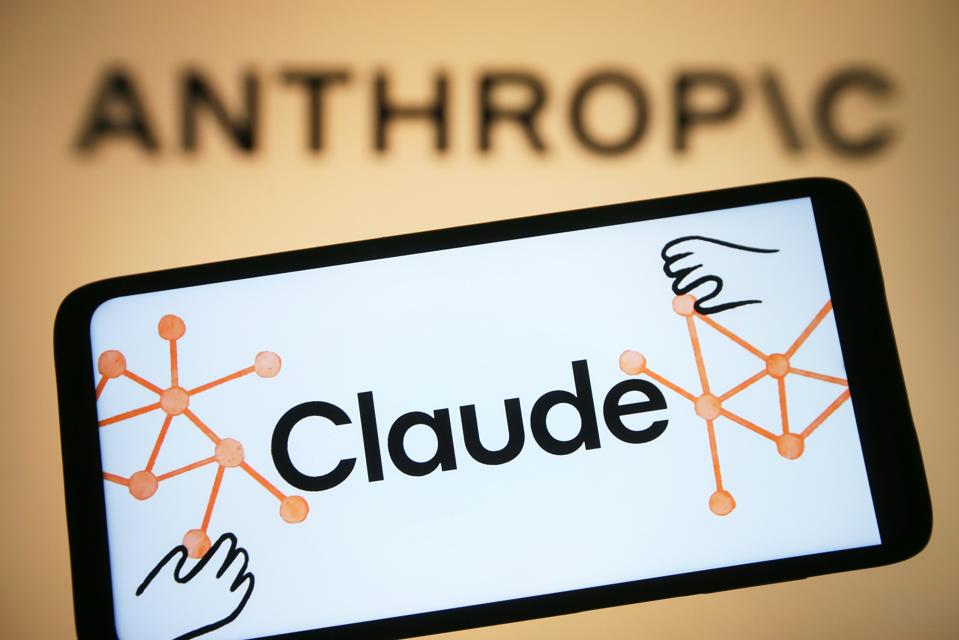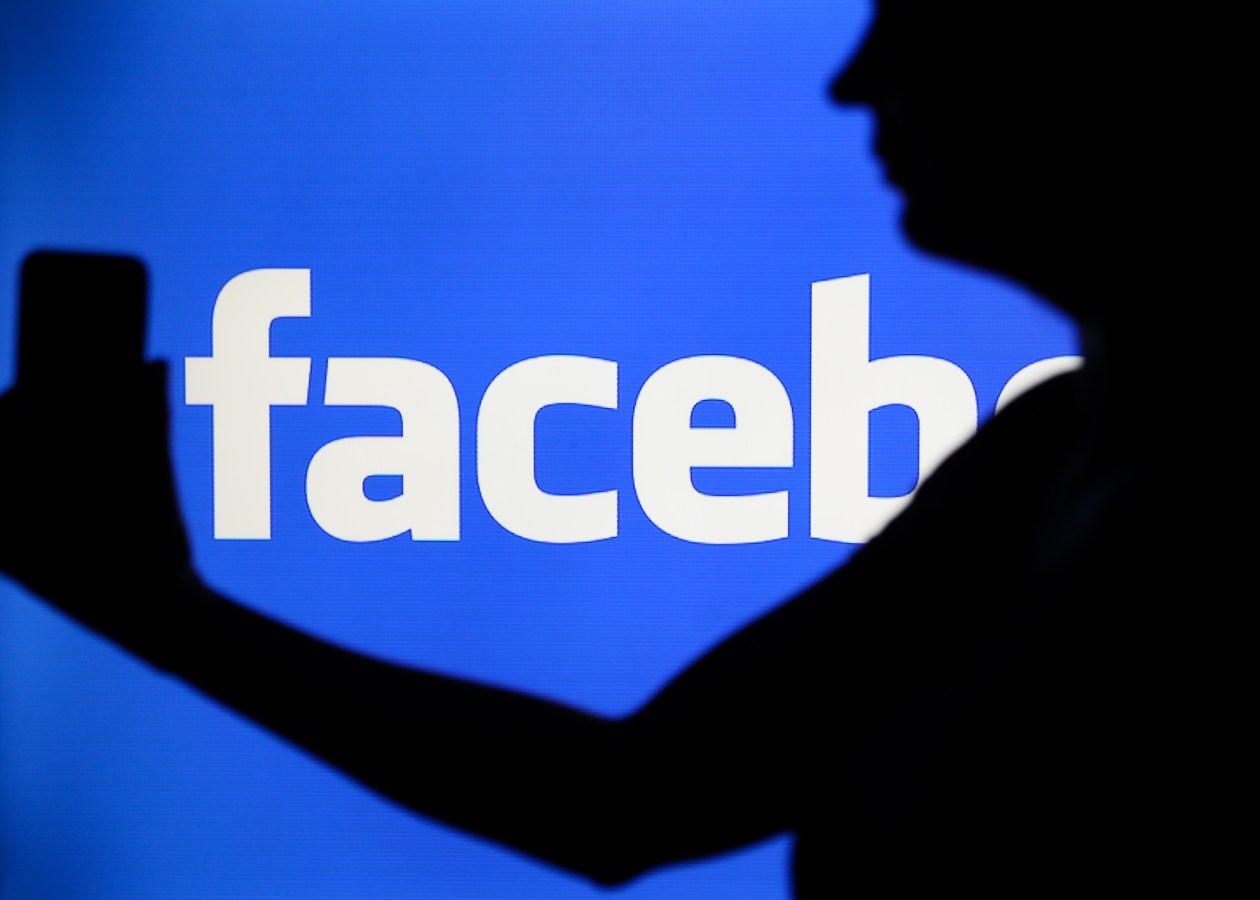Artificial intelligence firm Anthropic will pay $1.5 billion to settle a lawsuit from a group of book authors and publishers, according to a filing, marking the largest US copyright settlement of all time.

Claude is a language model developed by Anthropic (Photo Illustration by Pavlo Gonchar/SOPA Images/LightRocket via Getty Images)
SOPA Images/LightRocket via Getty Images
Key Takeaways
- Anthropic, which did not admit wrongdoing in the case, will pay around $3,000 for each of the approximately 500,000 books covered by the settlement.
- The settlement comes after several book authors and publishers accused Anthropic of copyright infringement, alleging the company pirated literary works to train its AI chatbot, Claude.
- The settlement keeps Anthropic from litigation regarding the alleged piracy and copyright violations.
- If Anthropic fought the case and lost, it may have cost the company multiple billions of dollars, legal analyst Wolters Kluwer told the Associated Press.
Crucial Quote
“In June, the District Court issued a landmark ruling on AI development and copyright law, finding that Anthropic’s approach to training AI models constitutes fair use,” Aparna Sridhar, deputy general counsel for Anthropic, said in a statement. “Today’s settlement, if approved, will resolve the plaintiffs’ remaining legacy claims.”
What To Watch For
A district judge will review the settlement terms in a hearing scheduled for Monday.
Big Number
$183 billion. That is Anthropic’s latest valuation following its $13 billion Series F funding round on Tuesday.
Key Background
Anthropic was sued by book authors Andrea Bartz, Charles Graeber, and Kirk Wallace Johnson last year in what became a landmark copyright case regarding AI chatbot training. This summer, a judge ruled Anthropic’s use of copyrighted books to train AI was fair use. However, the authors alleged the books were downloaded from pirating websites, which the judge considered not to be fair use, noting the authors had cause to sue over the matter. The settlement stops the authors and Anthropic from litigating over the pirated books, and could also serve as a crucial precedent in the dozens of other copyright cases AI companies like OpenAI, Microsoft, Google and Meta are facing.
Look back on the week that was with hand-picked articles from Australia and around the world. Sign up to the Forbes Australia newsletter here or become a member here.


